Drive Switzerland Like a Local: Essential Rules for Tourists
Navigating Swiss roads can be a joy, but understanding local driving laws and customs is key to a worry-free journey. ViaTrip Vignette Services provides you with a comprehensive yet accessible guide, designed specifically for international visitors.
Download Your Tourist Driving ChecklistThis website is developed in compliance with Google Ads and Bing Ads guidelines and fully follows them.
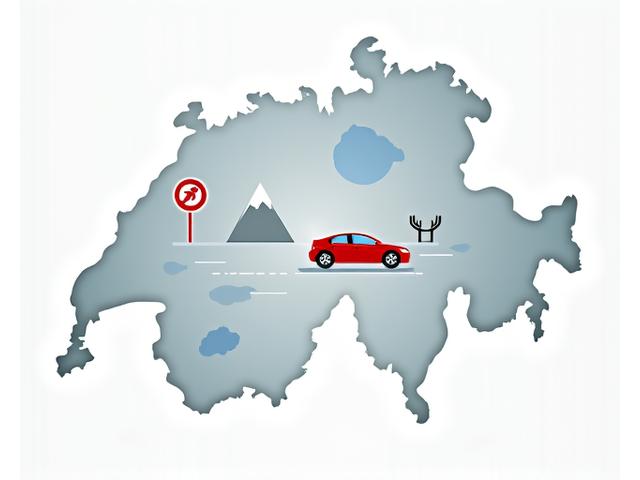
Must-Know Driving Rules for Switzerland Visitors
Speed Limits & Road Signs
Understand the differences in speed limits: generally 120 km/h on motorways, 80 km/h on main roads, and 50 km/h in urban areas. Pay close attention to road signs, which are often iconographic and easy to interpret, indicating speed changes, potential hazards, and parking zones. Adhere strictly to these limits to ensure safety and avoid fines.
Right-of-Way & Intersections
In Switzerland, priority is generally given to traffic from the right, unless otherwise signposted. At roundabouts, traffic already in the roundabout has priority. Be cautious and observant, especially in smaller towns and mountain roads, where rules might seem less obvious but are strictly enforced.
Mandatory Vignette Requirement
A valid Swiss motorway vignette is mandatory for using national motorways (Autobahn/Autoroute). This annual sticker must be affixed correctly to your windscreen. Failing to display a valid vignette can result in significant fines. Ensure your rental car has one, or purchase it at border crossings or post offices.
Alcohol Limits & Mobile Phone Use
The blood alcohol limit for drivers is 0.05% (0.5 per mille). Strict penalties apply for exceeding this. Mobile phone use is only permitted with a hands-free system while driving. Never compromise safety by using your phone manually. These rules are rigorously enforced.
Rental Car Requirements & Responsibilities
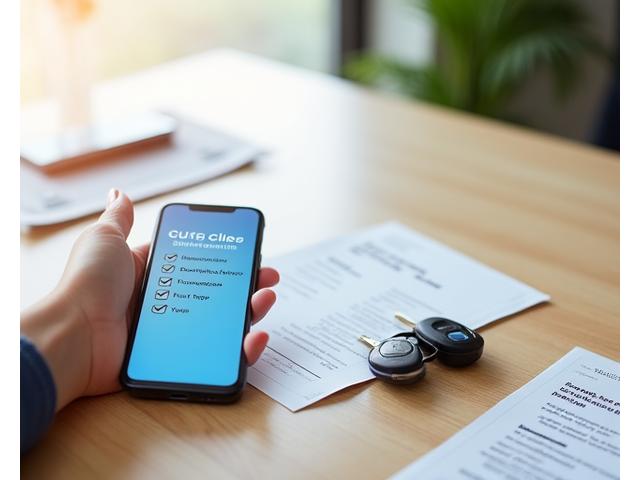
-
Pre-Rental Inspection Checklist
Verify vignette presence and validity, check vehicle documents, and note any existing damages before signing.
-
Insurance Coverage Clarity
Understand your rental insurance: what's covered, what isn't, and any deductibles. Consider additional coverage for peace of mind.
-
Fueling Up in Switzerland
Know your rental's fuel type (Petrol/Benzin, Diesel) and common payment methods at Swiss petrol stations (credit/debit cards widely accepted).
-
International Driving Permits (IDP)
While some nationalities only need their domestic license, an IDP is highly recommended or required for many non-EU licenses for smooth operations.
Avoid These Common Tourist Driving Errors
Incorrect Vignette Placement
Failing to affix the vignette correctly (e.g., in a corner, not visible) or having an expired one can lead to immediate fines. Always apply it to the inside of the windscreen where it's clearly visible.
Parking Violations
Swiss parking rules are strict. Understand blue, white, and yellow zones. Blue zones require a parking disc (Parkscheibe). Yellow zones are prohibited. Always check signs and pay meters diligently to avoid towing or fines.
Mountain Road Missteps
Navigating narrow mountain roads requires specific etiquette. Uphill traffic generally has priority, and be prepared for tight bends and limited visibility. Use lower gears for descents to control speed and save brakes.
Swiss Road Culture and Driving Etiquette
-
Lane Discipline & Highway Courtesy
Swiss drivers value efficiency and clear lanes. Keep to the rightmost lane on motorways unless overtaking. Utilize your indicators well in advance and avoid sudden maneuvers. Courtesy benefits everyone.
-
Mountain Road Protocols
On narrow mountain roads, always be prepared to yield. Postal buses (yellow buses) have priority and will often signal their approach with their horn. Give way where possible, and use passing points wisely.
-
Winter Driving & Preparedness
During winter months (Oct-Apr), winter tires are highly recommended, and sometimes mandatory. Carry snow chains if venturing into high alpine passes. Respect adverse weather conditions and adjust your driving accordingly.
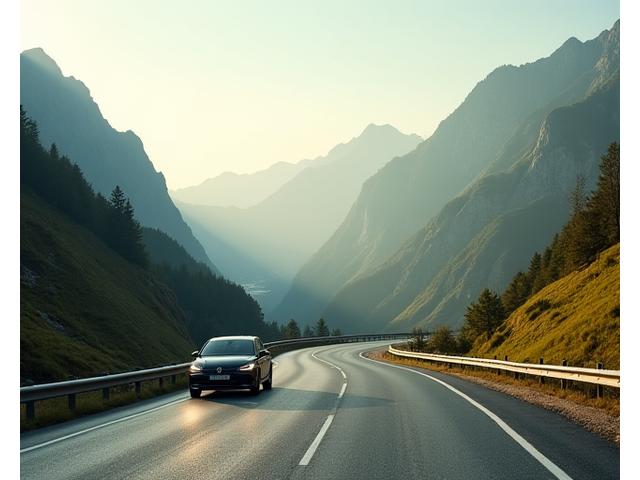
Paying for Tolls, Parking, and Gas Stations
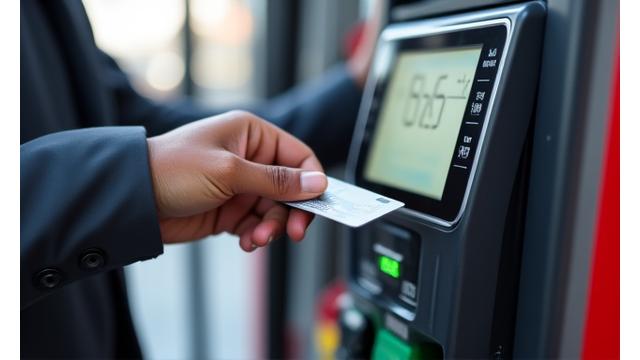
Gas Station Payments
Most gas stations accept major credit and debit cards (Visa, Mastercard, Maestro). Some smaller stations, especially in rural areas, may prefer cash. It's wise to carry some Swiss Francs (CHF) for contingencies.
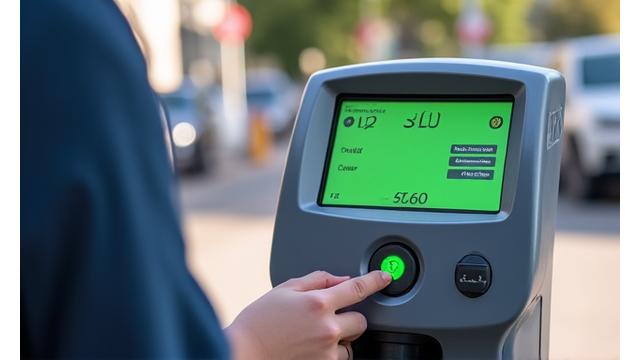
Parking Meter Operations
Parking meters vary. Many accept coins (CHF), some take card payments. Look for clear instructions. Mobile apps like 'EasyPark' or 'Parkingpay' are increasingly popular in larger cities for convenient digital payment.

Currency & Digital Options
While CHF is the official currency, Euros might be accepted at some border towns or larger tourist venues, but often at an unfavorable exchange rate. Rely on your credit/debit cards, and consider apps for convenience.
Emergency Procedures & Tourist Support
While we hope your trip is smooth, knowing what to do in an emergency is crucial.
Emergency Numbers
- Police: 117
- Fire Department: 118
- Ambulance: 144
- Breakdown Service: 140 (TCS - tourist line) or your rental company's roadside assistance.
Tourist & Consular Support
Contact your embassy or consulate in Switzerland for specific assistance or lost travel documents. Local tourist information centers can also provide non-emergency help and guidance.
Medical Emergencies
In case of a medical emergency, call 144. Be prepared to provide your exact location. Ensure you have travel insurance details readily available for any hospital visits.
Your Comprehensive Swiss Driving Checklist
Prepare confidently for your Swiss road adventure. Download our essential checklist.
Download Now